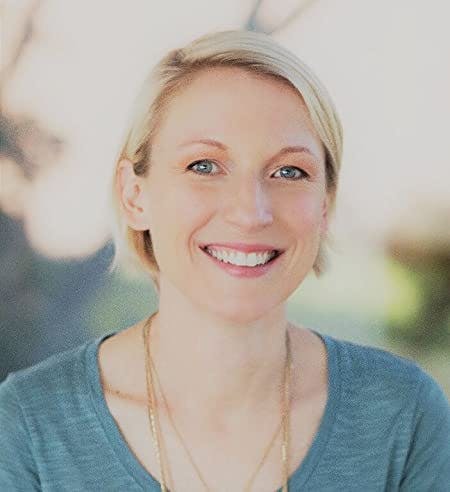Pour de meilleures habitudes de dépenses, il faut se concentrer sur les besoins et non sur les stratégies
Travaillant pour une grande société financière, on nous a récemment posé la question suivante : "Quel est le principe des sciences du comportement qui nuit le plus aux comportements financiers des gens ?". Bien qu'il y ait beaucoup de concurrents sur cette liste, nous pensons que la première place revient aux préjugés actuels.
Le biais du présent, également connu sous le nom d'actualisation hyperbolique, est notre tendance à nous concentrer davantage sur les récompenses, les expériences et les conséquences immédiates que sur celles qui se situent dans un avenir lointain. Cousin de la gratification immédiate, ce biais explique pourquoi nous remettons à plus tard l'élaboration d'un plan successoral, ne pensons pas avoir besoin d'une assurance-vie de notre vivant et faisons des achats impulsifs que nous regrettons par la suite.
C'est ce dernier point concernant les regrets que nous souhaitons examiner plus en détail. Nous avons tous entendu dire que l'argent est l'une des principales causes de friction dans les relations amoureuses.1 Cette friction provient généralement d'une inadéquation entre les habitudes de dépenses et les priorités des partenaires. Pour les célibataires également, la plupart d'entre nous auraient besoin d'un coup de pouce pour dépenser de manière plus réfléchie. Avec une inflation élevée et des marchés en berne, c'est le moment idéal pour se tourner vers la recherche en sciences du comportement afin de trouver des idées sur la manière de dépenser plus judicieusement. Commençons par ce qui, d'après les études, ne fonctionne pas.
References
- Holland, K. (2015, 4 février). Vous vous disputez avec votre conjoint ? It's probably about this. CNBC. https://www.cnbc.com/2015/02/04/money-is-the-leading-cause-of-stress-in-relationships.html
- Newcomb, S. (2016). Loaded : Money, psychology, and how to get ahead without leaving your values behind. Hoboken, NJ : Wiley.
- Rosenberg, M. B. (2015). Nonviolent Communication : A Language of Life (3e éd.). Puddle Dancer Press.
- Inventaire des besoins. (2005). Centre pour la communication non violente. https://www.cnvc.org/training/resource/needs-inventory. Site web : www.cnvc.org. Courriel : cnvc@cnvc.org. Téléphone : +1.505-244-4041 : +1.505-244-4041.
About the Authors
Dr. Laurel C Newman
Laurel Newman est psychologue sociale et spécialiste des sciences comportementales appliquées. Elle a commencé sa carrière en tant que professeur de psychologie et directrice de département à l'Université Fontbonne. Elle a quitté le monde universitaire en 2018 pour aider à créer une fonction de science comportementale chez Maritz. Laurel est consultante, mène des recherches et propose des programmes d'études sur les sciences du comportement en entreprise. Elle écrit des articles et des livres sur des sujets tels que l'engagement des employés et la façon de créer une fonction de science comportementale au sein d'une organisation. Laurel est titulaire d'un doctorat en psychologie sociale et de la personnalité de l'université de Washington à Saint-Louis. Louis. Elle travaille au Centre d'expertise de l'expérience chez Edward Jones et est cofondatrice et conseillère de la startup Whistle Systems, spécialisée dans la fidélisation des employés.
Michael Callahan, B.Sc, CFP®, CIM, CHS
Michael Callahan est stratège principal chez Edward Jones Canada, où il élabore des conseils et des orientations pour les investisseurs canadiens. Avant de rejoindre Edward Jones en 2022, Michael a travaillé pour plusieurs sociétés de gestion de patrimoine et fournisseurs de formation. Michael est passionné par la finance comportementale et l'économie, et sa philosophie est de se concentrer sur le comportement de l'investisseur en tant que déterminant principal du succès de l'investissement dans la vie réelle. Il est titulaire d'un baccalauréat de l'Université Memorial de Terre-Neuve et détient les titres de planificateur financier agréé (CFP®), de gestionnaire de placements agréé (CIM®) et de spécialiste en santé agréé (CHS).






